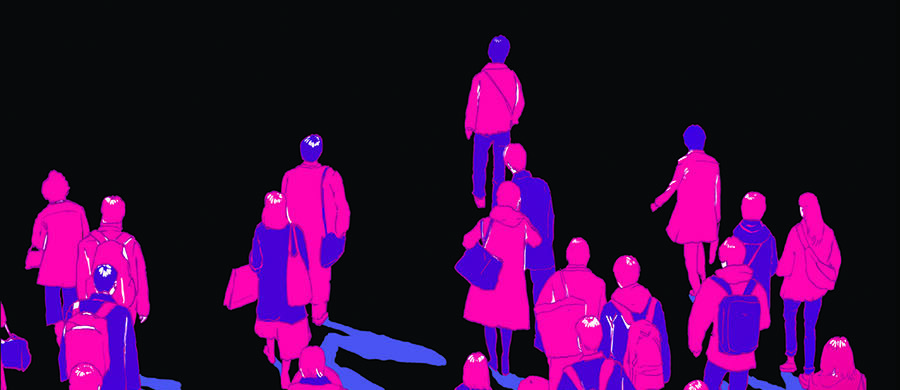Category: Bruno Gulli
-

Communist Ontologies
Communist Ontologies. An Inquiry into the Construction of New Forms of Life Bruno Gullì & Richard Gilman-Opalsky “To be communist is to be lost, looking for an answer, looking for a way out. Communist Ontologies is an explicit dialogue between Bruno Gullì and Richard Gilman-Opalsky. The book breaks with the monologue form, brings us away…
-
Immanent Singularities
Immanent Singularities: A Minor Compositions Interview with Bruno Gulli As a philosopher and academic worker, Bruno Gulli is nothing if not untimely. In an era when the labor of thought, the work that creates new concepts, finds itself squeezed by an ever-increasing array of restrictions (from journal and publisher limitations to lack of time from…
